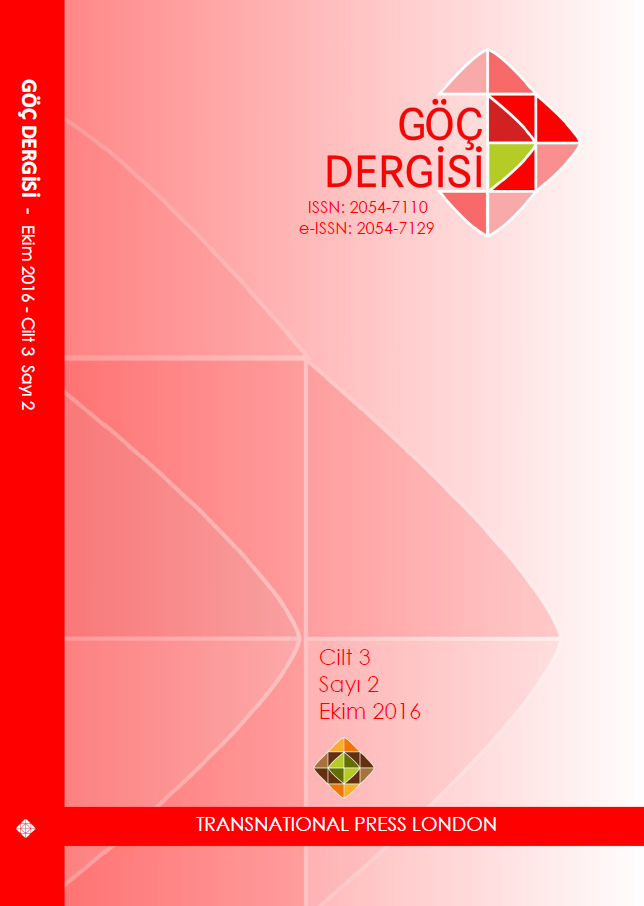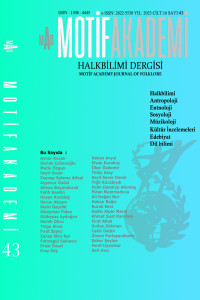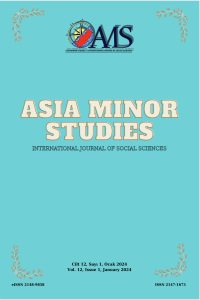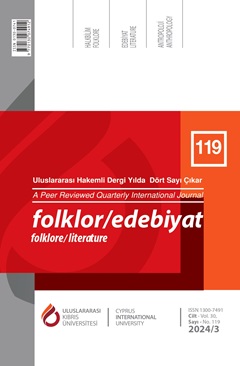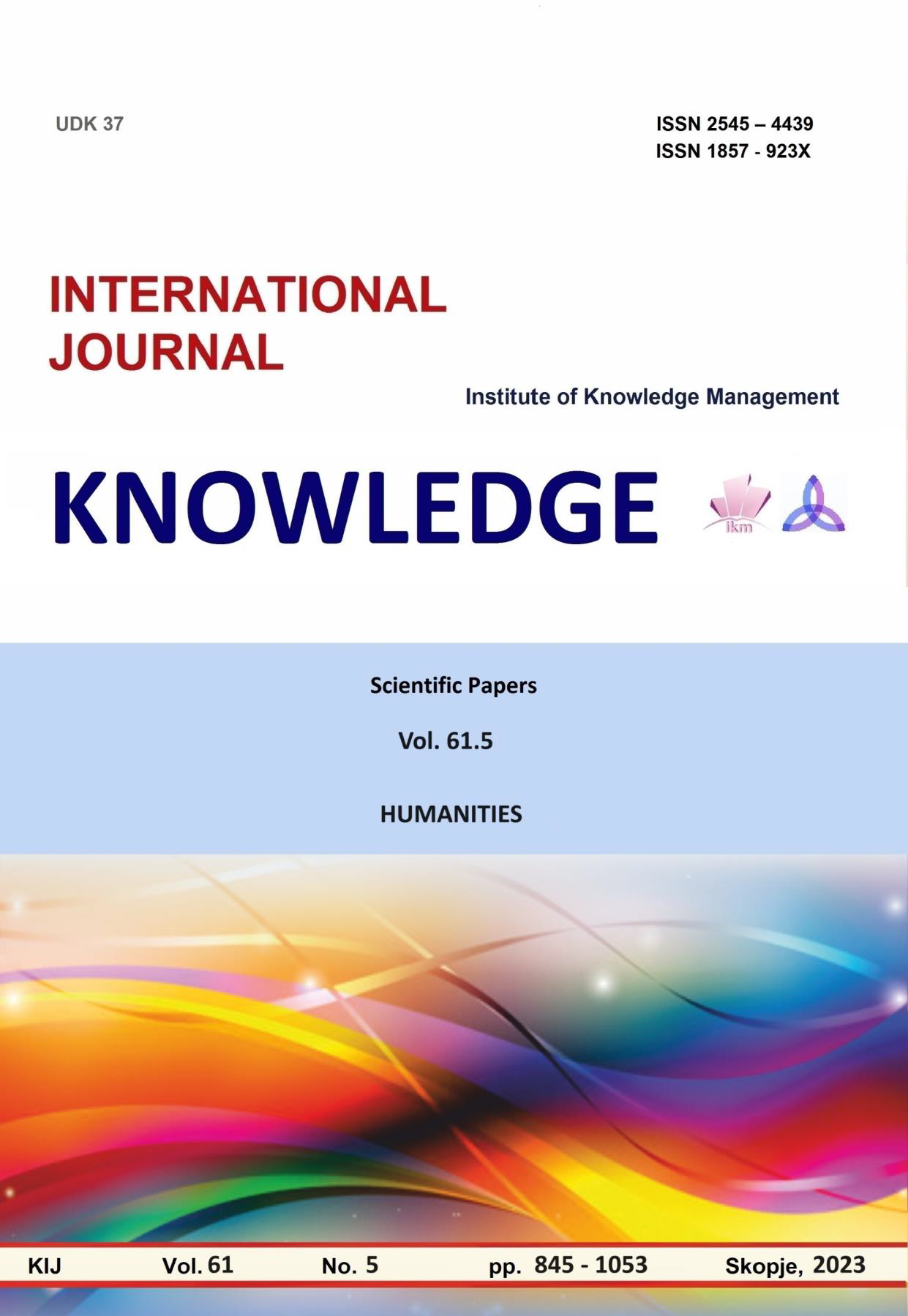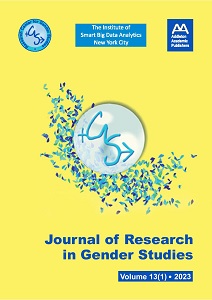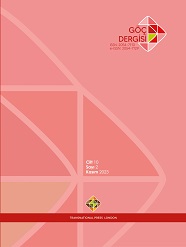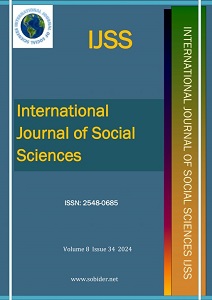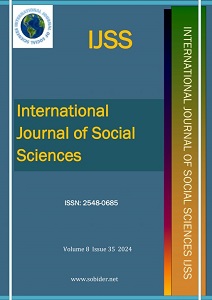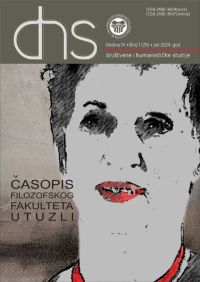Author(s): Kamile ÇETİN / Language(s): Turkish
Issue: 23/2024
Melamet has been a doctrine that primarily embraces purifying the soul and self-condemning by disclosing one's evil deeds and concealing virtuous actions, and attaining Allah's approval in a state of purity and righteousness. Customary practices, which included ostentatious attire and engaging in some dhikrs and rituals, were disregarded as unimportant. Melamiism has become the name of an entirely simple cognition and lifestyle, distanced from all kinds of worldly pomp. Adopting this understanding, the journey that the Melamis started in Khorasan has extended to almost every facet of society. In this context, Classical Turkish poetry, which benefits from many materials about life, has also been enriched. The fact that Sufism was one of the most important sources from which the mentioned poetry tradition was nourished was also effective. The poets, like other adherents of Sufism, internalized the principles of Malamatism despite not being Melamis, and widely benefited from its terminology. Eventually, they developed personal knowledge based on Sufism and the Sufi material of the literary tradition based on the principles of Melamism, associated Malamatism with certain clothes and accessories. Consequently, rint and minstrel poets abandoned all forms of ostentation when the transition from worldly comfort to Melamet, and only wore clothes associated with Melamet. Individuals who wore such clothes were able to endure being stoned by others, being subjected to arrows of condemnation, and all kinds of difficulties, and they purified their souls from the ostentation of worldly attire. As a result of searching aba, robes, delk, shirt, cardigan, hil’at, kisvet, libâs, nemed, shawl, tac, ton were determined as the elements associated with the concept of Melamet in divans. In the article, these concepts were analyzed with Melamet principles. It was revealed which types of interests was related to each aforementioned clothing element and associated with Melamet discussed in the couplets.
More...

